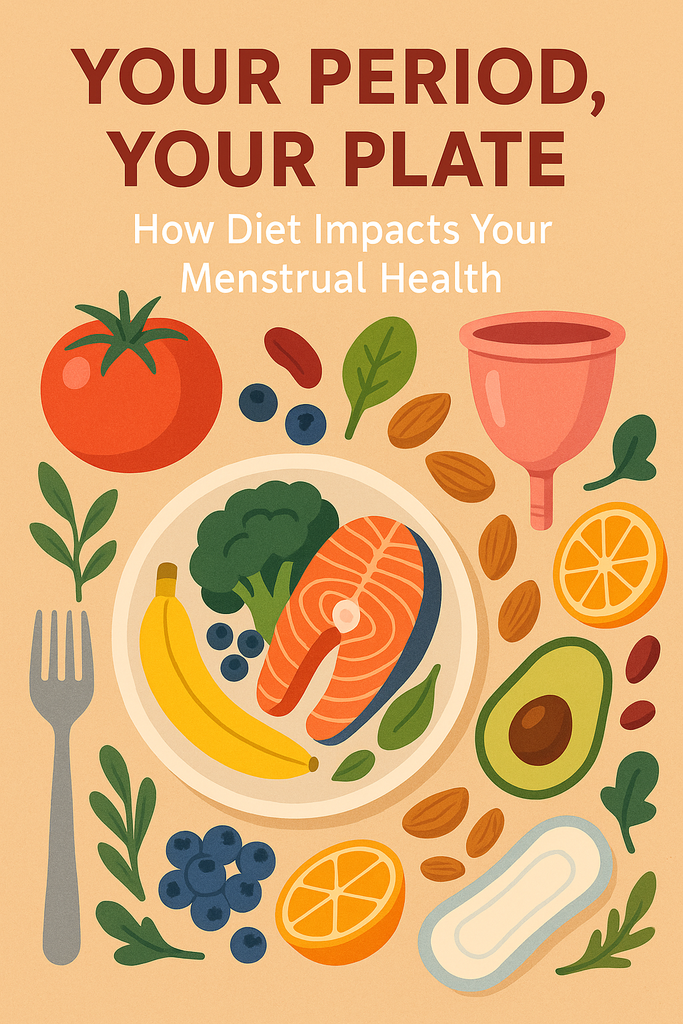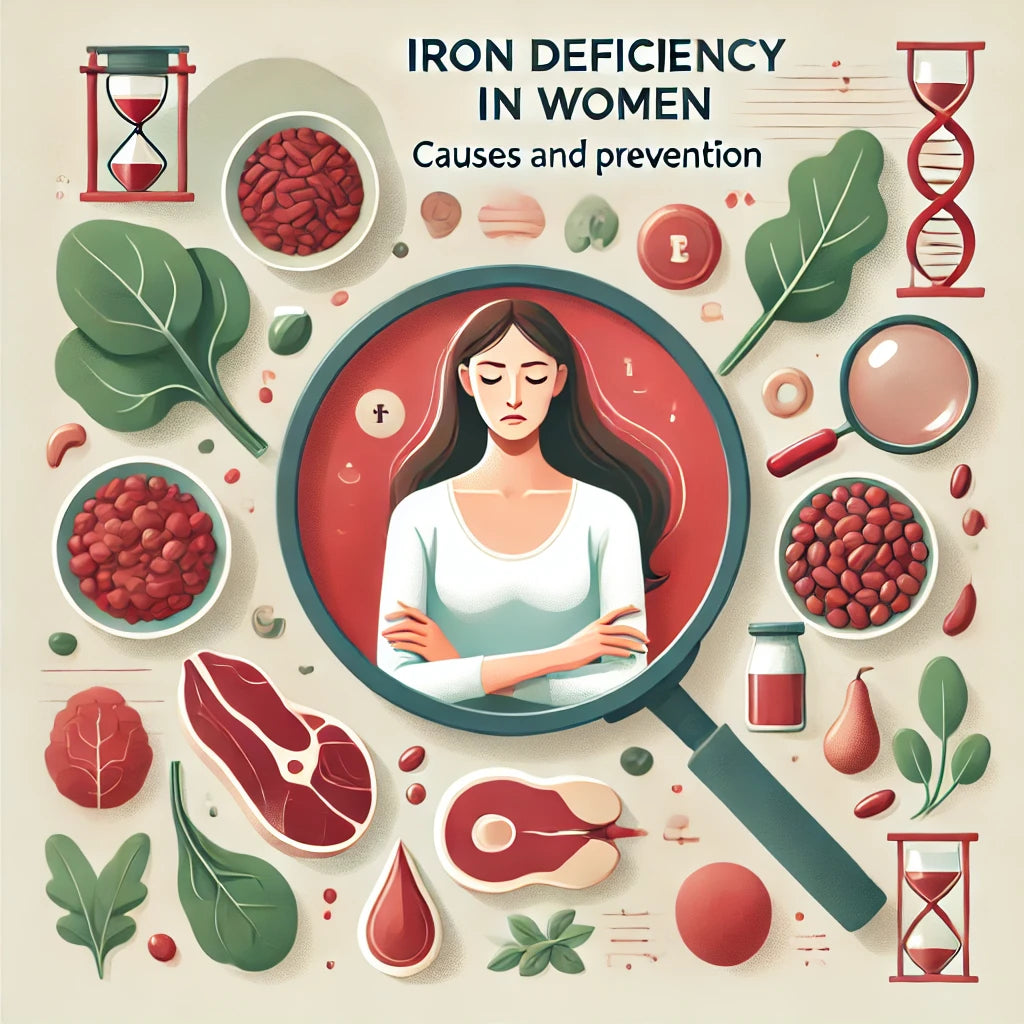News — iron deficiency
Your Period, Your Plate: How Diet Impacts Your Menstrual Health
antioxidants menstrual health calcium vitamin D cycle endometriosis diet fiber estrogen balance foods to avoid period hormone balance hydration bloating iron deficiency magnesium cramps menstrual cycle nutrition menstrual health nutrition for periods omega-3 fatty acids PCOS nutrition period diet period pain diet period-friendly meal plan PMS relief vitamin B6 PMS women's health diet
Menstrual health is influenced by a complex interplay of hormones, lifestyle factors, and nutrition. While genetics and medical conditions play their roles, your daily food choices can have a profound impact on the quality of your menstrual cycle. From easing PMS symptoms and regulating cycles to reducing cramps and supporting hormonal balance, what you put on your plate can serve as a powerful tool for menstrual wellness.
Understanding how specific nutrients affect your cycle allows you to nourish your body in a way that supports smoother periods and overall reproductive health. In this article, we’ll explore the science-backed connections between diet and menstrual health and provide practical guidance for building a period-friendly eating plan.
Iron Deficiency in Women: Causes and Prevention
anemia causes of iron deficiency fatigue health risks iron absorption iron deficiency iron deficiency anemia iron deficiency in women iron levels iron supplements iron-rich foods menstruation and iron pregnancy and iron preventing iron deficiency symptoms of iron deficiency vegetarian iron sources women’s health
Iron deficiency can cause a range of symptoms, from fatigue and weakness to more severe complications if left untreated. Understanding the causes and risk factors is the first step in prevention. In this article, we'll explore the causes of iron deficiency in women, its symptoms, and practical steps you can take to prevent it. Whether you're concerned about your own iron levels or looking to support the health of the women in your life, this guide provides valuable insights into maintaining optimal iron levels.


